Breaking Free
of the
Co-dependency Trap
Breaking Free
of the
Co-dependency Trap
REVISED EDITION
Barry K. Weinhold, PhD & Janae B. Weinhold, PhD
Foreword by John Bradshaw

New World Library
Novato, California

Copyright 1989, 2008 by Barry K. Weinhold and Janae B. Weinhold
Originally published by Stillpoint Publishing in 1989.
All rights reserved. This book may not be reproduced in whole or in part, stored in a retrieval system, or transmitted in any form or by any means electronic, mechanical, or other without written permission from the publisher, except by a reviewer, who may quote brief passages in a review.
The material in this book is intended for education. It is not meant to take the place of diagnosis and treatment by a qualified medical practitioner or therapist. No expressed or implied guarantee as to the effects of the use of the recommendations can be given nor liability taken.
Text design by Tona Pearce Myers
Library of Congress Cataloging-in-Publication Data
Weinhold, Barry K.
Breaking free of the co-dependency trap / Barry K. Weinhold, Janae B.
Weinhold ; foreword by John Bradshaw.
p. cm.
Includes bibliographical references (p. 255) and index.
ISBN 978-1-57731-614-5 (pbk. : alk. paper)
1. Codependency. 2. CodependentsRehabilitation. I. Weinhold, Janae B. II. Title.
RC569.5.C63W345 2008
362.29dc22
2007045536
First New World Library printing, February 2008
ISBN: 978-1-57331-614-5
Printed in Canada on 100% postconsumer-waste recycled paper
 New World Library is a proud member of the Green Press Initiative.
New World Library is a proud member of the Green Press Initiative.
10 9 8 7 6 5 4 3 2 1
To all the individuals, couples, and partners
who are serving as pioneers in creating new forms of relationships
Contents
B reaking Free of the Co-dependency Trap is a welcome addition to the literature on co-dependency. The Weinholds are expert clinicians. Their offering is crucial for establishing the legitimacy of co-dependency as a true, life-threatening clinical entity.
Using their knowledge of developmental psychology, Barry and Janae have identified co-dependency as the failure to complete one or more of the important developmental tasks of early childhood. They see the problem as especially focused on a failure to complete the early task of separation, sometimes called the second birth or psychological birth. This fits well with my own definition of co-dependency as a dis-ease of lost selfhood.
The Weinholds developmental approach differs radically from the medical approach, which sees co-dependency as permanent, progressive, and incurable. Developmental stuckness can be remedied. There is hope and promise for all of us.
The greatest sense of hope in this book results from the precise and practical tools for recovery that the Weinholds present us. These are proven methods used by the authors both to help their clients and to work on their own co-dependency issues. Janae and Barry walk the walk as they talk the talk. This is crucial. I demand it of my treatment people at the Life Plus Co-dependency Treatment Unit.
). Therefore a new relationship committed to this work is necessary to heal it.
This book is far too rich to highlight in a foreword. I am amazed at the thoroughness of this treatment. covers all the major tools for recovery.
My heartfelt advice is for you to read and study this book carefully and then read it again. Bravo, Barry and Janae! This book is a gift!
John Bradshaw, New York Times bestselling author,
voted one of the 100 most influential writers on emotional health
in the 20th century, and senior fellow
at the Meadows Treatment Center, Wickenburg, Arizona
I n this book we examine both the causes of co-dependency and how to recover from it. Co-dependency is present in an estimated 98 percent of the adult population and is responsible for most human misery. It is caused by early developmental trauma during the first six months of life, which interferes with secure bonding. The other side of the coin is counter-dependency, which is caused by developmental trauma between the ages of six months and thirty-six months, and which interferes with the separation process and the psychological birth. This book focuses on the co-dependency side of the coin, and our companion book, The Flight from Intimacy: Healing Your Relationship of Counter-dependency the Other Side of Co-dependency, focuses on the other side. Many people have unidentified and unhealed traumas from both stages of development and need help recognizing and healing both.
CAUSES OF ADULT CO-DEPENDENCY
Between birth and three years of age, children complete a series of essential developmental processes. The two most important involve secure bonding between mother and child and the childs psychological separation from its parents. If the bonding process is successfully completed in the first year, children feel safe enough to explore the world around them. Then between ages two and three, they are able to complete the psychological birth. This occurs when children separate psychologically from their mothers and fathers and are able to function on internal power rather than relying on others to direct their lives. These children develop a sense of Self that enables them to accept responsibility for their actions and behavior, to share, to cooperate, to manage their aggressive impulses, to respond appropriately to the authority of others, to verbalize feelings, and to cope with feelings of fear and anxiety. If children do not successfully complete these developmental processes, they become psychologically dependent on others. Rather than living with a strong sense of Self that is emotionally separate from others, they seek out co-dependent relationships. The unconscious purpose of these relationships is to help them experience secure bonding.
Co-dependency in adults exists when two psychologically dependent people form a relationship with each other for the unconscious purpose of completing their early bonding processes. In such a relationship, the two partners re-create a symbiotic connection much like ones they had with their mothers. Their co-dependent relationship appears to be made up of two half-persons attempting to create one whole person. Because both partners lacked secure bonding in early childhood, neither is free to feel or act independently of the other, so they stick together like glue. The focus is always on the other person, not on oneself. Each hopes the other person will provide what he or she never got in early childhood: intimacy and secure bonding. Their relationship cannot grow, because this goal is never conscious or spoken. As a result, each looks to the other to make the necessary growth happen. When it doesnt, the partners try to control each other, blame their problems on each other, and expect the other person to always behave in certain ways to bring them closer together and meet their needs for unconditional love, affection, and nurturing. Because each one is focused on the other person, both are able to avoid looking at themselves and focusing on their self-development. In co-dependent relationships, the focus is always outward, not inward.

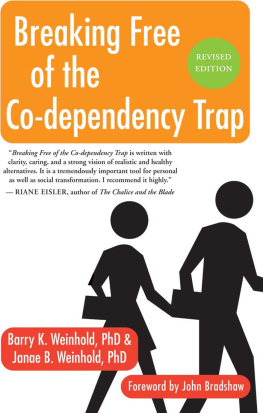

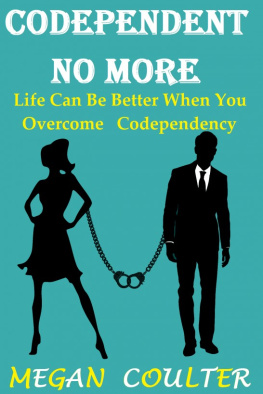
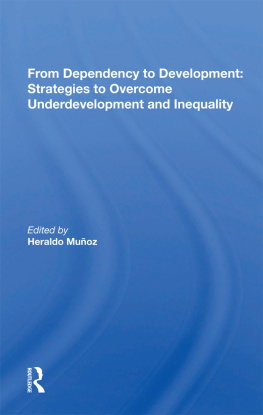
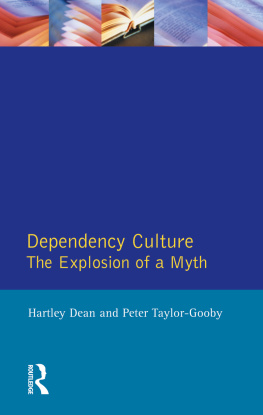
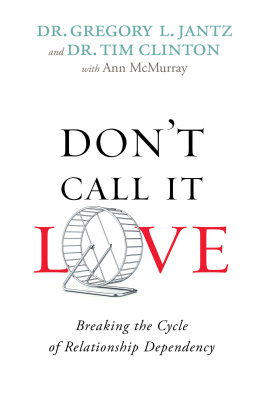
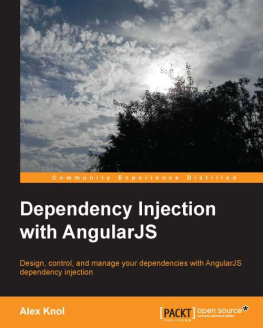
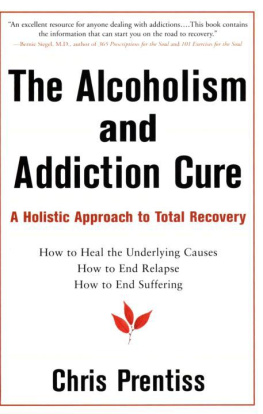



 New World Library is a proud member of the Green Press Initiative.
New World Library is a proud member of the Green Press Initiative.